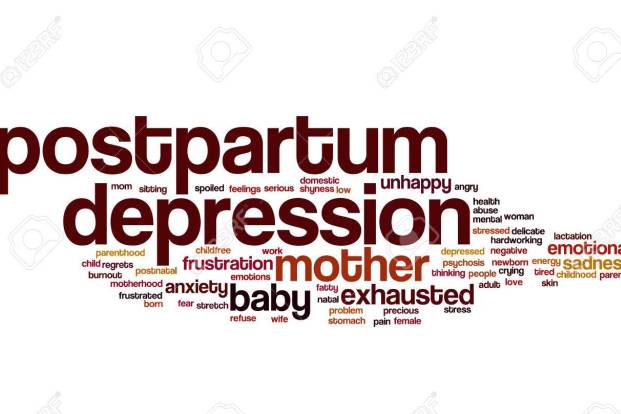Categories
- Bariatric Surgery (11)
- Black Fungus (5)
- Bone Marrow transplant (3)
- Brain Tumor Surgery Navigation Technology (20)
- Cardiac Surgery (66)
- Cardiology (97)
- Computer navigation technology for joint replacements (20)
- Covid Vaccination (17)
- Critical Care (2)
- Dental (19)
- Dermatology (31)
- Dialysis Support Group - “UTSAAH” (11)
- Dietitian (33)
- Emergency Medicine (4)
- Emotional Health (11)
- Endocrinology (33)
- ENT (20)
- Gastroenterology and GI Surgery (53)
- General and Laparoscopic Surgery (21)
- General Surgery (4)
- Gynecology & Obstetrics (183)
- Hematology (20)
- Internal Medicine (294)
- Kidney Transplant (50)
- Kidney Transplantation (20)
- Lung Cancer (8)
- Minimal Invasive Surgery (1)
- Mother & Child (20)
- mucormycosis (5)
- Nephrology (61)
- Neurology (147)
- Neurosurgery (68)
- Nutrition and Dietetics (107)
- Omicron Variant (1)
- Oncology (288)
- Ophthalmology (10)
- Orthopaedics & Joint Replacement (86)
- Paediatrics (59)
- Pediatric Nephrology (3)
- Physiotherapy (5)
- Plastic & Reconstructive Surgery (6)
- Psychiatry and Psychology (90)
- Psychologist (28)
- Pulmonology (72)
- Rheumatology (13)
- Spine Services (21)
- Transradial Angioplasty (16)
- Urology (84)
Query Form
Posted on Apr 19, 2022
Teenage Depression: Symptoms, Diagnosis and Treatment
The teenage years are times when individuals develop their identity and sense of self. If a depression is left to develop, it can lead to isolation from family and friends, risk taking behaviors such as reckless driving, inappropriate sexual involvements and drug and alcohol abuse. It can also impact on school performance and study, which can have downstream effects on later career or study options. Hence all these aspects make Teenage Depression as a major issue that needs to be tracked and addressed early.

Symptoms or Features of Teenage Depression :
An adolescent who is depressed may not show obvious signs of depression. However, if he or she shows any of the following, it is best advised that you approach the child and address their mental health issues:
- Lowered self-esteem
- Disturbed sleep or broken sleep
- Loss of appetite or weight
- Inability to control emotions such as pessimism, anger, guilt, irritability, and anxiety
- Depressed mood or persistent sadness
- Reduced capacity to experience pleasure: inability to enjoy what’s happening now
- Changed sex drive: absent or reduced
- Poor concentration and memory
- Reduced motivation to carry out usual tasks
- Lowered energy levels
Diagnosis of Teenage Depression:
The Depression is characterized by above symptoms, which should last for at least 2 weeks for making a diagnosis of Depression.
Management or Treatment for Teenage Depression:
- If you think your son or daughter or someone you are close to, might be depressed, the first step is to take them to a Psychologist or to the local Community Health Centre.
- He/ they conduct an assessment or refer to a mental health worker who specializes in children and adolescents problem.
- Other initial sources of help are school counselors and trusted close family members to whom the young person feels comfortable talking.
- If the young person does not want to seek help, it is best to explain your concerns and to provide them with some information to read about Depression.
- There are also some excellent websites designed for young people, as well as confidential online and telephone counseling services. Please see our list of services.
- It’s important for young people to know that depression is a common problem and that there are people who can help.



